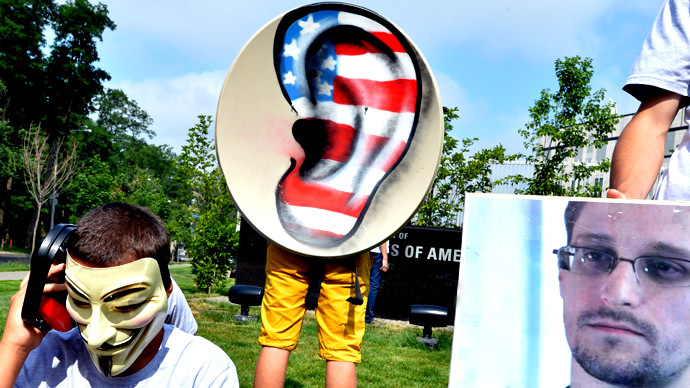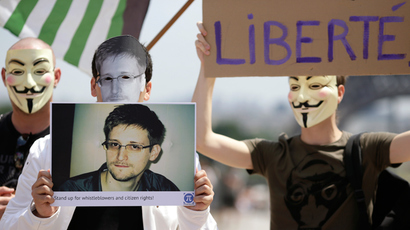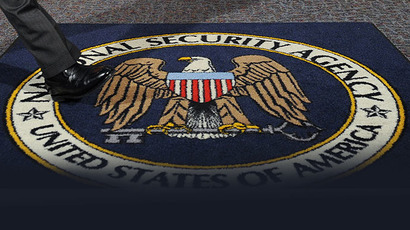NSA spied on Latin America for energy and military intel

The NSA’s spy program encompasses most countries in Latin America, new cables released by Edward Snowden have confirmed. The data gathered on military affairs and “commercial secrets” has provoked a flurry of furious rhetoric from regional leaders.
Brazilian daily, O Globo, which obtained the cables released by
former CIA employee Edward Snowden, published a report on Tuesday
detailed the National Security Agency’s initiatives in Latin
America.
The US government retrieved key data on a number of issues
including the oil market, drugs trade and political movements.
Colombia is a top priority for the US, registering the most spy
activity, with Mexico, Venezuela and Brazil following closely
behind. In addition, Argentina, Ecuador, Panama, Costa Rica,
Nicaragua, Honduras, Paraguay, Chile, Peru and El Salvador are
under surveillance, though to a lesser degree.
According to the documents obtained by O Globo, the NSA carried
out espionage in Latin America in the first quarter of 2013 using
at least two data-snooping programs: ‘PRISM,’ from February 2-8
and ‘Boundless Informant’ from January through to March.
‘PRISM’ recorded metadata through Facebook, Google, Microsoft and
YouTube, while ‘Boundless Informant’ monitored telephone calls
and access to the internet.
O Globo also reported that the NSA gathered information through
private Brazilian telecommunications companies using a program
called ‘Silverzephyr.’ The daily was unable to identify the
companies, but stated that using the program the US gained access
to phone calls, faxes and emails.
Furthermore, the leaked information revealed the existence of
data-crunching centers in Bogota, Caracas, Mexico City and Panama
City and Brasilia that dealt with information intercepted from
satellites.

Brazil is currently investigating telecommunication companies
believed to be involved in the massive US surveillance program.
The country’s president, Dilma Rousseff, was quick to react to
the news, stating that if the reports of spying were confirmed it
would definitely be a “violation of our sovereignty,
without a doubt, just like it’s a violation of human rights.”
Brazil’s Senate foreign relations committee has requested that US
ambassador Thomas Shannon to testify on the allegations. It is
unclear whether Shannon, who is not legally obliged to provide
testimony, will agree.
Gilberto Carvalho, a top aide to President Rousseff, called for a
"very hard" response to the United States .
"If we lower our heads, they will trample all over us
tomorrow," he said.
President of Argentina
Cristina Fernandez de Kirchner said she hopes the US’ actions
will be condemned at the next Mercosur (an economic union between
Argentina, Brazil, Paraguay, Uruguay, and Venezuela)
summit.
“I feel a shiver going down my spine when I see that they are
spying on all of us through their services in Brazil,” she
said in reference to the O Globo article.

Peruvian President Ollanta
Humala, known for his pro-US stance, stated that the reports
were “concerning.”
"We are against these kinds of espionage activities," he said
in a televised interview. "It would be good for [Peru's]
Congress to look with concern at privacy issues related to
personal information."
In turn, Colombia has called on the US for an explanation for an “unauthorized” data collection program.
"In rejecting the acts of espionage that violate people's rights and intimacy as well as the international conventions on telecommunication, Colombia requests the corresponding explanations from the United States government through its ambassador to Colombia," the Colombian Foreign Ministry said in the statement.
Mexico, one of the most surveilled countries, has thus far
refrained from commenting on the reports .
US whistleblower Edward Snowden, who currently has an extradition
order against his name from Washington, is holed up in Moscow’s
Sheremetyevo Airport unable to leave because his passport has
been revoked. He has applied for political asylum in a number of
Latin American countries. Venezuela and Nicaragua have said they
are currently assessing his request.














